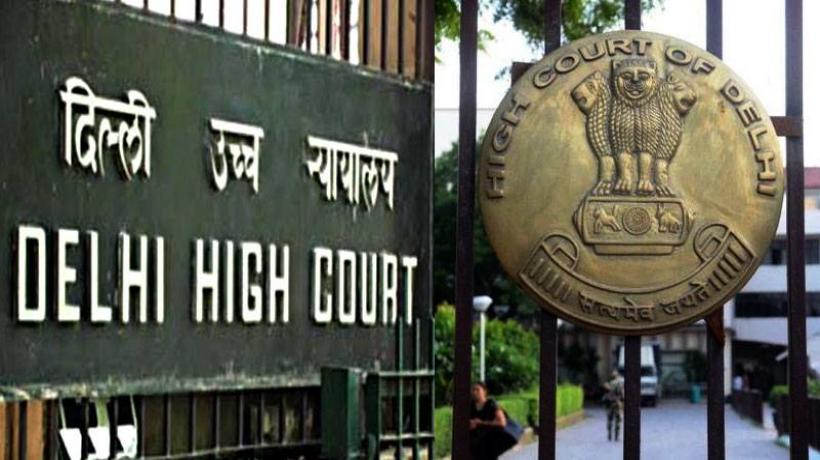
The Madrasa Education Act of UP Board is invalidated by the Allahabad High Court
Last Updated on March 23, 2024 by News Desk
Issue:
The Uttar Pradesh Board of Madrasa Education Act, 2004 is declared unconstitutional by the Allahabad High Court, igniting a controversy about the management of madrasas and other minority educational institutions.
Facts:
- In response to a writ case contesting the Minority Welfare Department’s management of the Madrasa Board, Justices Vivek Chaudhary and Subhash Vidyarthi rendered a decision.
- The validity of the Right of Children to Free and Compulsory Education (Amendment) Act, 2012 and several sections of the UP Board of Madarsa Education Act, 2004 were questioned in Anshuman Singh Rathore’s case.
- The Madrasa Board is governed by the Minority Department, not the Education Department, which raised concerns with the High Court’s prior ruling.
- The necessity for transparent administration in educational institutions was underlined, and concerns were voiced about possible arbitrary decision-making.
Arguments:
- Madrasa Board supporters contend that maintaining minority educational institutions requires respecting cultural and religious autonomy, which is why they support the Madrasa Board’s location under the Minority Department.
- The argument put out by critics is that this kind of placement encourages segregation and has inadequate oversight, which might result in arbitrary judgments and worse educational standards.
Reasoning of Judgment:
The court’s ruling is probably going to be based on the ideas of secularism, equal rights under the law, and the significance of open and responsible governance in educational organizations. Putting the Madrasa Board within the Minority Department’s jurisdiction may be interpreted as going against these values, which would make it illegal.
Conclusion:
The decision by the Allahabad High Court emphasizes the necessity for fair treatment and open administration, setting a precedent for the management of minority educational institutions. With ramifications for comparable institutions across the nation, this judgment sparks a national dialogue about how to strike a balance between autonomy in culture and regulatory control in education.
Case title: Anshuman Singh Rathore & Ors v Union & Ors
Written by: Nikita Shankar @nikitaashankar



